
Director of Photography
The life story of an unassuming, modest, yet extremely principled woman is also a dramatic portrait of a time when criticism of the regime and defense of the unjustly prosecuted was punished by imprisonment and constant surveillance from the secret state security. The story also reflects the turning point after the Velvet Revolution, when Dana Němcová briefly entered politics as an active member of the Federal Assembly, or when, in response to the war in the former Yugoslavia, she founded a counselling center for refugees and refugee women in the Czech Republic. In the film, she also meets some of those she helped again after many years.

Director of Photography
Marek “Mara” Holeček is one of the most noted mountain climbers of our time, both in the Czech Republic and worldwide. He is known for climbing atop the highest mountains, high enough to touch the sky, all without oxygen and in a demanding Alpine style. His extreme approach to mountain climbing and life brings him great success, but also many problems. The film Mara Goes to Heaven follows his five attempts at the first ascent atop the challenging mountain of Gasherbrum I, located in the Karakoram Mountain Range in Pakistan. We catch sight of the surroundings through the eyes of Mara Holeček and those around him as well as through the eyes of those who wait to see if they will make it back alive. The successful expedition ended up being his fifth attempt, but the film also follows the unsuccessful attempts before it that ended in tragedy.
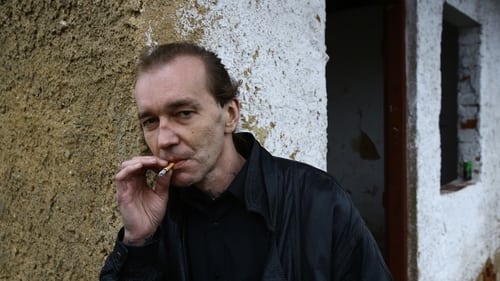
Cinematography
The Czech criminal René is finding it difficult to go straight. Roaming from job to shelter, from woman to woman, he discovers that living honestly is a lot more difficult than just stealing something every once in a while. In 1989, filmmaker Helena Třeštíková started filming the then 18-year-old delinquent, ultimately resulting in the 2008 film René, which follows his life inside and outside prison. This sequel to that film begins with the premiere of René and the ensuing storm of media attention.

Director of Photography
In her most recent film, Linda Kallistová Jablonská observes three girls growing up in a residential facility in Počátky, Czech Republic, over the course of ten years. She explores their dreams about liberty, the reality they must face as well as their ideas about their own future families. The sequel to her first longitudinal documentary about Adéla, Denisa and Pavla captures the rocky road to independence after leaving the facility, their reconciliation with the past, job search, new relationships, small joys and big disappointments. Not only does the director draw an empathic portrait of three young girls with no-one to rely on but themselves; she also explores the ways in which public institutions form young people’s attitudes to life.

Director of Photography
Every year, 15,000 Czech fishermen head to Norway to fulfill their desire to fish at sea. Here they experience moments of mostly male camaraderie, which, like the ubiquitous cigarette smoke, revolves around boyish talk over cans of beer and no one is immune to cabin fever. At least this is the case of six friends meeting in a restaurant in Jihlava. And when the legendary halibut start running through the fjords, the plot of this documentary tragicomedy is taken care of - the compulsive need to catch the coveted fish drives not only the six protagonists, but also the plot of the film itself.

Camera Operator
Anny follows the life of the titular, intriguing character for 16 years, from 1996 up until 2012. Living in the Czech Republic, Anny is a 46-year-old woman whose day-to-day life has consisted of several different occupations, from a bathroom attendant and a doorman, to occasional sex work. Her outlook on her jobs is fairly simple, you have to do the work if you want to eat, spoil your grandkids, or buy yourself new clothes.
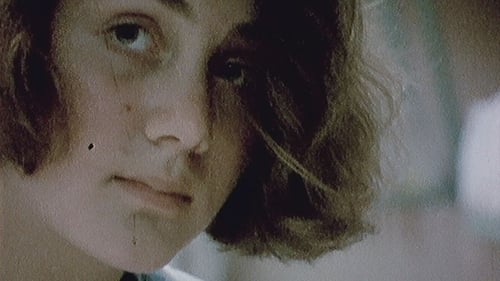
Camera Operator
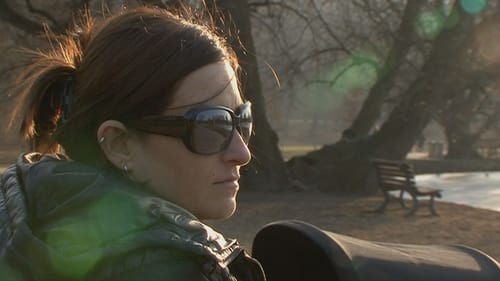
Camera Operator

Director of Photography
1,200 kilometres of snowy landscape to be covered in 12 days. These are the conditions for the Finnmarksløpet sled dog race and Czech husky breeder Jana Henychová is set to participate again.

Director of Photography

Director of Photography

Director of Photography
Un conmovedor relato, en sus propias palabras, de la vida personal y la obra del brillante cineasta checo Miloš Forman (1932-2018): su trágica infancia, su gran contribución al movimiento cultural conocido como la Nueva Ola checa, su exilio en París, sus difíciles días en Nueva York, su ascenso al estrellato en Hollywood; toda una vida al servicio del cine.
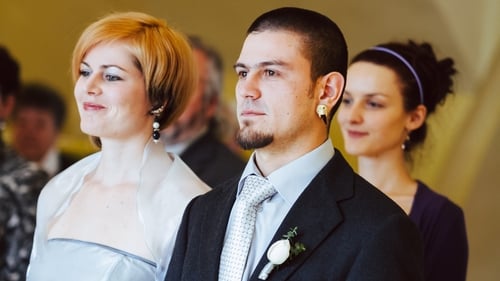
Camera Operator

Camera Operator
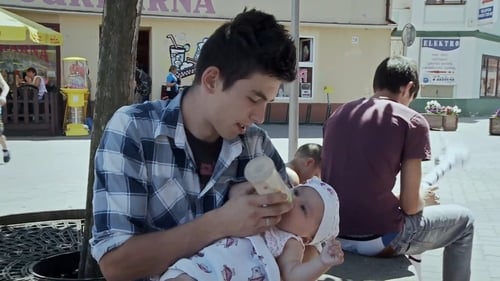
Camera Operator
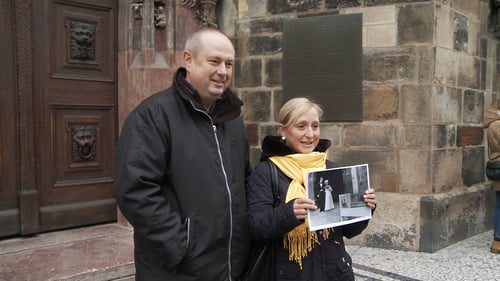
Camera Supervisor
En 35 de años de vida compartida en pareja pasan muchas cosas: desde los momentos de armonía absoluta hasta las caídas más dramáticas. Durante la mayor parte del tiempo, la pareja atiende los asuntos y comparte las alegrías de su día a día: criar a los niños, ocuparse de la casa o dirigir un negocio. Esta es la vida misma de los dueños de una tienda de muebles, Ivana y Vaclav Strnadovi, dos personajes a los que la directora Helena Trestíková sigue con su cámara desde el año 1980 dentro del proyecto Historias de matrimonio. Su nuevo documental sobre la familia Strnad está unido a las películas de televisión de este ciclo, pero lo más importante es que muestra nuevos giros impactantes en la vida de la pareja y sus hijos.
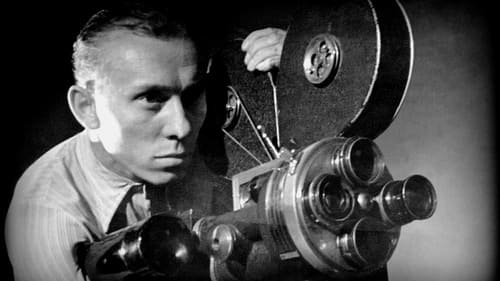
Director of Photography
A look at the life, work and importance of Czech filmmaker Karel Zeman (1910-89), a genius of world cinema, a wizard of special effects, revealing his sources of inspiration and his revolutionary filming techniques.

Director of Photography

Director of Photography

Camera Operator

Camera Operator

Director of Photography

Camera Operator
Documentary.In its catalogue, a Czech travel agency offers a "journey into the unknown", a tour of North Korea. That spring was the second time since 1990 that a group of Czech tourists set foot in the DPRK. The film follows twenty-seven Czechs who have decided to spend approximately 2,600 Euros on a sightseeing tour of a country which cultivates a cult of personality, maintains concentration camps for its citizens and doesn't hide its development of nuclear weapons. Foreign visitors are only allowed a view of a carefully prepared illusion, thoroughly supervised by "guides". What is more, the North Korean system is starkly reminiscent of our own past. Which emotions do our travellers experience: sympathy, nostalgia or, in contrast, happiness that "we already have this behind us"? How does a Czech person, after being accustomed to eighteen years of freedom and democracy, come to terms with the directives and restrictions of a totalitarian system?

Director of Photography










